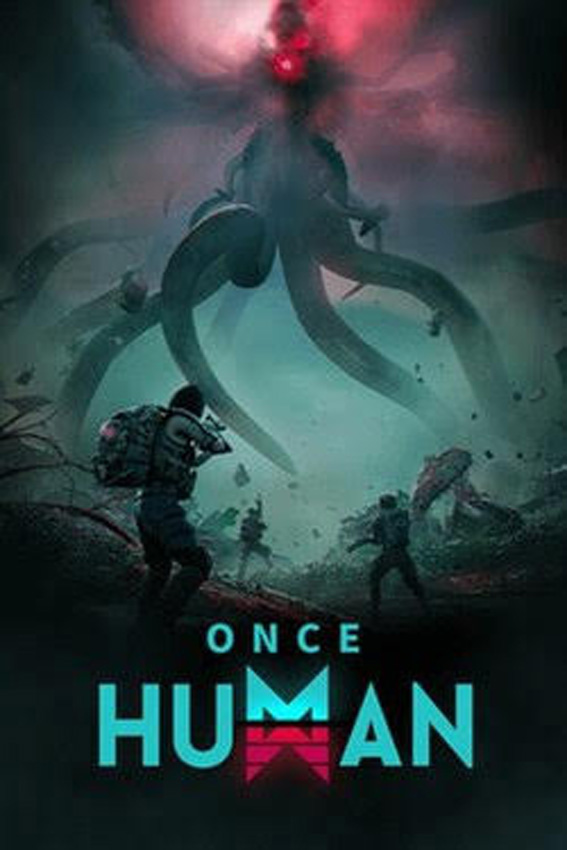The Christian Bible, one story written over a period of 1600 years by over 40 different authors into 66 separate books, has been read, shared and taught to millions of people all around the world. Although parts and stories from this best-selling and most widely-known book in the world had been converted to film, no one had ever tried to boil the whole story down into a series until executive producers Roma Downey and Mark Burnett came together to create the epic miniseries The Bible.
Premiering at 8 p.m., March 3, on the History Channel, the 10-hour production was broken up into 2-hour episodes and will be shown every Sunday night through March 31. Each episode focuses on the lives and stories of some of the more prominent and major Bible characters, beginning with Abraham in Episode One and ending on Easter Sunday with the birth, death and resurrection of Jesus Christ.
The Feather will provide a brief review for each of the following episodes. Check back every week through Easter to read the latest update on the series.
Episode Three of The Bible started with a brief recap of the last episode and then gave a teaser for this week’s section. The movie opens in Jerusalem with Zedekiah, king of Judah, and his repeated failure to heed the warnings of the prophet Jeremiah. The Babylonians lay siege to Jerusalem for 18 months, then attack. People are killed, the king escapes and is later taken captive, the city conquered, the holy articles taken from the temple and the temple burned.
Daniel, Hananiah (Shadrach), Mishael (Meshach), and Azariah (Abednego) are captured by the Babylonians and taken to serve in the king’s court. While they are there, Daniel interprets Nebuchadnezzar’s dream and is promoted in the court. Shadrach, Meshach and Abednego refuse to bow down to the golden image, are thrown into the fiery furnace, and emerge from the flames unharmed.
Cyrus the Great conquers Babylon and Daniel ends up in a pretty high position, much to the disgust of the other officials. Their plan to get him into trouble faultlessly succeeds and gets Daniel thrown into the lion’s den. Daniel prays and comes out untouched, and Cyrus observes that, once again, “God is with you.” The king allows the Israelites to return home to Jerusalem, but Daniel knows that his people will be ruled by a new empire, the Romans.
From here, the movie transitions into the oppression of the Israelites and the brutality with which the Romans ruled. Mary, a virgin, and Joseph, her husband-to-be, are told that she will give birth to the Son of God, Jesus. Caesar Augustus calls a census and they return to Bethlehem, where Mary delivers Jesus, fulfilling hundreds of prophecies from hundreds of years ago. Shepherds and wise men follow the star and come to worship the baby. King Herod finds out about the new King, flips out about his eventual loss of power and sets out to eliminate this threat by killing all of the Hebrew baby boys under two years old. Joseph has a dream and the little family leaves for Egypt to escape the slaughter.
Meanwhile, Herod is dying and kills his son, and the people revolt only to be crushed by the Romans’ brutal response. Pontius Pilate fears any gathering of people as a threat to his dominance, John the Baptist prepares the way for the Messiah and Jesus returns to Galilee. John baptizes Jesus and Jesus goes to the desert to fast and pray before the start of His earthly ministry. Satan enters the scene and tempts Him, but Jesus stands firm and Satan flees.
John the Baptist has been arrested for preaching about Jesus and he waits in a prison cell to talk to Herod. In the meantime, Jesus meets Peter and goes out with him onto the lake. Flashback to the prison and John is beheaded when he refuses to stop preaching. At the Sea of Galilee, Jesus has just called His first disciple. The movie leaves us here for the week with Jesus’ invitation to Peter to join Him in becoming a fisher of men.
This week the differences in the way certain events occurred were more prominent, although I do not think there were more differences than last week. Some details are off, like who laid siege to what city, where angels spoke to people, what happens to minor characters like guards and the way some people said or did things.
King Nebuchadnezzar in his state of insanity ends up in a dungeon instead of a field, Cyrus throws only one of the officers who had plotted against Daniel into the lion’s den instead of killing all who were in on the plan and their families, the angel casually talks to Joseph on the street instead of coming in a dream, and the wise men come to the manger scene instead of arriving when Jesus was older.
This episode was pretty graphic again, and I was a little sad to see that. Personally, I do not really like watching a bunch of blood and gore, and sword-stabbing and putting eyes out is not my idea of an enjoyable and heartwarming movie. Of course, the Bible is not a G-rated book, but I did not really expect to have to cover my eyes and ears to avoid seeing people have their throats slit. The violence was not created; it was just emphasized.
I am continually in awe of the location the producers picked to film. The scenery is absolutely gorgeous and really contributes to the authenticity of the series. The special effects have been really good, and I think their role and quality in the fight scenes have definitely helped this movie seem so much like Hollywood.
The movie skipped some major parts in Bible stories, and even some major Bible stories, I think, but it has prompted me to read through the whole book, cover to cover, to recover some of those details. With the aspect of mystery that the producers give, despite the gaps, the series is likely to cause many viewers to pick up the Bible and read it for themselves.
There are a bunch of historically accurate details, which add to the story, but there are also a lot of skipped Biblical details. As I have watched the series, the thing I have to keep reminding myself is that certain parts were not necessarily recorded in the Bible but that they could have happened.
I was disappointed that they did not include some elements of a few scenes, like the dove in Jesus’ baptism. Yes, 95% of everything that happened in the movie did happen in the Bible, but it did not necessarily happen that way.
I feel like we kind of rushed through the Old Testament, too. I know Jesus is the main message of the Bible, but at only halfway through the series, we were already through everyone else. It would have been nice to see Old Testament characters such as Esther and Joseph portrayed also before moving on.
Like the last episode, this installment has also deviated a little bit from the story, not so much in the actual plot but in the way things happened. It definitely is the Hollywood rendition of the Bible, but despite the gaps and the gore I really am glad that it is being shown on a network like the History Channel. I look forward to next week’s section of the series, especially how they depict Jesus’ miracles and ministry.
So far, the producers have stuck with their desired theme of God’s love, mercy and grace for His people regardless of their failures and shortcomings. The one line that seems to tie the whole series together is “God is with us,” and they truly have shown His working in and through those whose hearts are set on Him. Although not everything is dead-on in detail, I think The Bible has fulfilled its intended purpose. I am really excited about the message this series portrays and I eagerly anticipate the next episode.
This writer can be reached via Twitter: @JennaWeimer42.
For a review on Week Two, see the March 13 article, History Channel showcases ‘The Bible’ television series, Week 2 (VIDEO).






